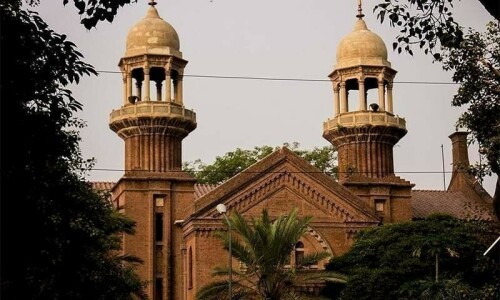NEW DELHI: India granted citizenship on Wednesday to a first batch of 14 people under a controversial law that has been criticised for discriminating against Muslims, midway through general elections in which religious divisions have taken centre stage.
The Citizenship Amendment Act (CAA) grants citizenship to Hindus, Parsis, Sikhs, Buddhists, Jains, and Christians who fled to India from Muslim-majority Afghanistan, Bangladesh and Pakistan before Dec 31, 2014 because of religious persecution.
Enacted in 2019, the law was not immediately implemented due to strong protests and sectarian violence in New Delhi and other places that resulted in the death of scores of people.
India implemented the act in March, weeks before the ongoing elections in which Prime Minister Narendra Modi and his Hindu nationalist Bharatiya Janata Party (BJP) are seeking a rare third consecutive term. Both deny CAA is anti-Muslim. Four phases of the seven-phase election have concluded and votes will be counted on June 4.
On Wednesday, the recipients were administered the oath of allegiance and granted citizenship after their documents were verified, the home ministry said in a statement, without elaborating on their identities.
Hindu majority India has the world’s third-largest Muslim population with 200 million people. Rights and opposition groups have criticised Modi’s government and BJP, saying they target the minority community and systematically discriminate against them to further the party’s core, Hindu revivalist ideology.
Modi and BJP deny the accusation and say they work for the welfare of all communities. They have also said that the citizenship law only makes it easy for non-Muslim refugees to get a dignified life and is meant to grant citizenship, not take it away from anyone.
Muslim refugees, they said, can apply under regular rules governing citizenship.
India began voting on April 19 in the seven-phase election for which Modi launched his campaign by showcasing his economic record, governance and popularity. But he changed tack after the first phase to accuse the main opposition Congress party of being pro-Muslim and the issue has gained prominence since.
Analysts say this is likely aimed at firing up BJP’s Hindu nationalist base after a low turnout in the first phase sparked doubts that BJP and its allies could win the landslide that the party sought.
Published in Dawn, May 16th, 2024
















































